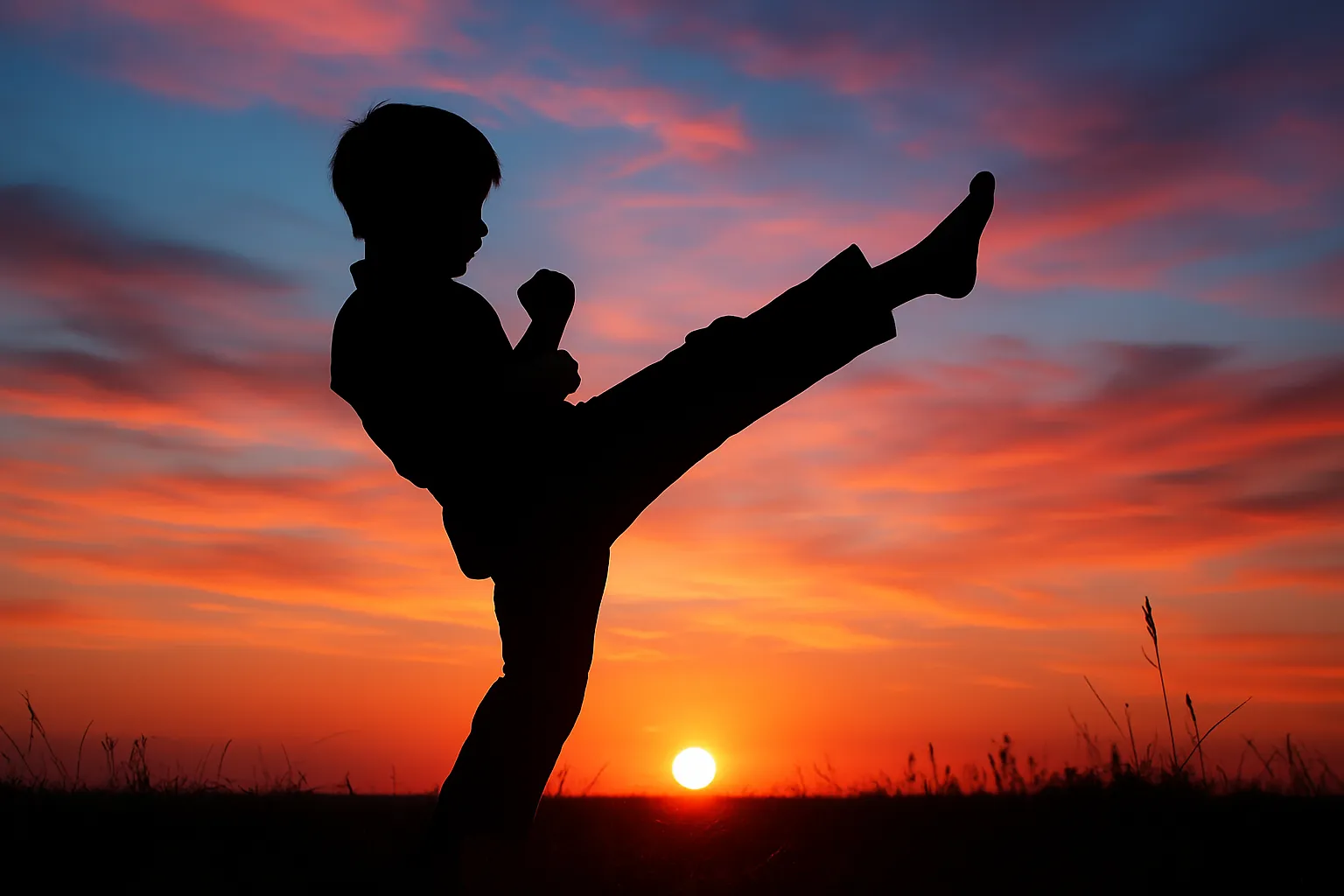Benefits of Early Martial Arts Training in Kids | Summerlin

Discover the lifelong benefits of teaching martial arts like Muay Thai / Kickboxing to kids. Learn how early training builds confidence, discipline, and fitness.
Ever wondered if martial arts could be the key to building your child’s confidence and discipline? In the bustling city of Summerlin, Las Vegas, where every parent wants the best for their child, introducing them to martial arts at a young age could be your answer. This blog explores the powerful benefits of martial arts like Muay Thai / Kickboxing in shaping young minds and bodies, benefits that transfer into everyday life.
The Foundation: Why Martial Arts?
Martial arts are more than just physical combat skills. They are a holistic approach to the development of a person’s physical, mental, and emotional well-being. Starting martial arts training early can instill a range of beneficial traits and skills in children which include:
- Self-Confidence and Self-Respect: Martial arts teach children to trust their abilities while respecting others, promoting an early foundation of self-confidence and self-respect.
- Discipline and Focus: The structured environment of martial arts classes teaches children the value of focus, hard work, and discipline.
- Bullying Prevention: Equipping children with self-defense skills increases their confidence in handling conflicts and reduces their chances of being bullied.
- Enhanced Motor Skills: Regular practice improves coordination and overall motor skills, which are crucial during the developmental years.
- Physical Fitness: Martial arts provide a full-body workout that helps maintain a healthy weight, improves cardiovascular health, and builds muscle strength.
Case Studies and Evidence
According to a study published in PMC, children involved in martial arts have shown improvements in behavior and psychological well-being. The discipline and physical activity associated with martial arts training were linked to reduced aggression and increased self-esteem.
Integrating Martial Arts into Your Child’s Routine
For families in Summerlin, Las Vegas, incorporating martial arts like Muay Thai into your child’s daily routine is straightforward with our mobile personal training services. We can set up in any space you have, from home gyms to local parks, making it easier to fit this valuable activity into your busy schedule.
Why Choose Our Muay Thai Training?
Our mobile training focuses on Muay Thai, brought directly to you, making learning convenient and flexible. This personalized approach ensures that your child receives training that’s adapted to their individual needs, paced appropriately, and focused on achieving personal growth alongside physical skills.
Ready to Empower Your Child?
Help your child start on a path to greater confidence, discipline, and health with Muay Thai. Contact us to learn more about our mobile martial arts training programs and start a transformative journey for your child today.